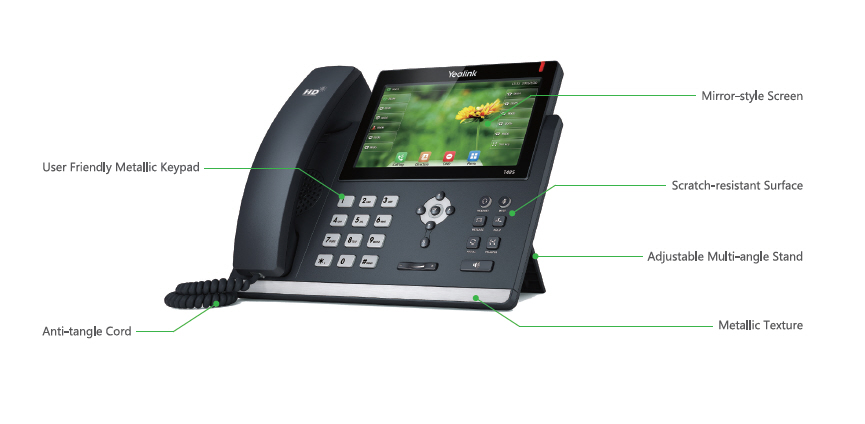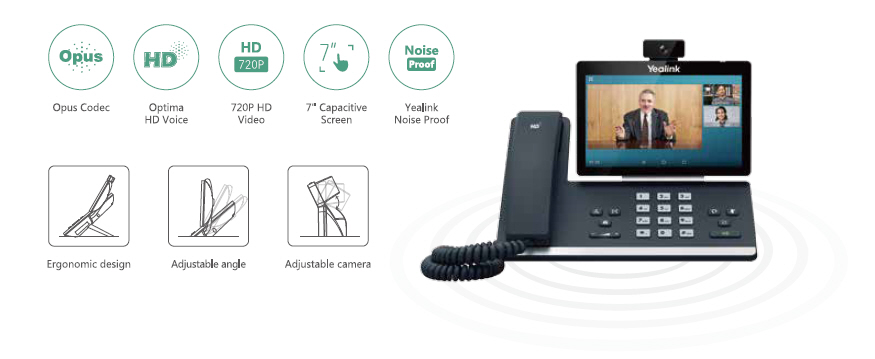Introduction
In an age where communication technology is evolving at breakneck speed, businesses are increasingly turning to Voice over Internet Protocol (VoIP) phone systems to enhance their connectivity and productivity. However, as with any technological advancement, this convenience brings along a new set of security challenges. Therefore, Exploring the Security Features of Modern VoIP Phone Solutions becomes not just relevant https://soundcurve.com/voip-phone-service-walnut-ca/ but imperative in ensuring that organizations safeguard their sensitive information while enjoying the benefits of VoIP technologies.
In this article, we will delve deep into the world of VoIP phone systems, examining their security features, potential vulnerabilities, and best practices for securing voice communications. Buckle up; it’s going to be a fascinating ride!
What is a VoIP Phone System?
Understanding VoIP Technology
VoIP, or Voice over Internet Protocol, allows users to make voice calls using the internet rather than traditional telephone lines. This technology transforms analog audio signals into digital packets transmitted over networks like the internet.

Key Components of a VoIP Phone System
VoIP Phones: These specialized phones connect directly to the internet. VoIP Gateway: This device connects traditional phone lines (PSTN) with VoIP networks. Session Initiation Protocol (SIP): A protocol used for initiating voice calls. Internet Connection: A high-speed connection is essential for quality service.Advantages of Using VoIP Phone Systems
- Cost-Effective: Significant savings compared to traditional landlines. Scalability: Easily add or remove users without heavy infrastructure changes. Advanced Features: Includes voicemail-to-email, video conferencing, and more.
Exploring the Security Features of Modern VoIP Phone Solutions
When it comes to security in modern VoIP systems, several features stand out as crucial for protecting voice communications against threats and vulnerabilities.
End-to-End Encryption
One of the most effective ways to secure conversations is through end-to-end encryption. This means that only the communicating users can decrypt and access the content of their conversations.
How Does It Work?
Encryption algorithms encode voice data before it's sent over the network. Only authorized devices can decode this information once it's received.
Secure Real-Time Transport Protocol (SRTP)
This protocol enhances security by encrypting both the audio stream and control messages in real-time communications.
Benefits of SRTP:
- Protects against eavesdropping Ensures data integrity Provides authentication for participants
Virtual Private Network (VPN) Integration
Using a VPN adds an extra layer of security by creating a private network connection over public internet infrastructure.
Why Use VPN with VoIP?
A VPN encrypts all data traveling between your device and the server, making it much harder for hackers to intercept calls or messages.
Common Security Threats in VoIP Systems
Eavesdropping
Eavesdropping occurs when unauthorized individuals listen in on private conversations without consent.

Denial-of-Service (DoS) Attacks
In a DoS attack, attackers overload a network with traffic, rendering services inaccessible.
Caller ID Spoofing
This technique involves falsifying caller ID information to impersonate another user or business.
Man-in-the-Middle Attacks
An attacker intercepts communication between two parties without either party knowing it has occurred.
Best Practices for Securing Your VoIP Phone System
Regular Software Updates
Keeping your software up-to-date ensures that you have the latest security patches installed.
Why Are Updates Important?
Software vulnerabilities are often targeted by cybercriminals; regular updates help mitigate these risks effectively.
Strong Password Policies
Implementing strong password policies can significantly reduce unauthorized access risks.
Tips for Creating Strong Passwords:
- Use at least 12 characters Mix uppercase letters, lowercase letters, numbers, and symbols Avoid common phrases or easily guessable information
Network Segmentation
Separating your voice traffic from other types of data traffic can enhance security significantly.
How to Achieve Network Segmentation:
Create separate VLANs for voice traffic. Use firewalls to limit access between segments.The Role of Firewalls in Securing VoIP Communications
Firewalls serve as gatekeepers that monitor incoming and outgoing network traffic based on predetermined security rules.
Types of Firewalls Suitable for VoIP:
Packet Filters Stateful Inspection Firewalls Next-Generation FirewallsMonitoring and Logging
Regular monitoring and logging of network activity can help identify suspicious behavior early on.
Benefits include:
- Quick detection of anomalies Historical data for forensic analysis Regulatory compliance documentation
FAQs About Exploring the Security Features of Modern VoIP Phone Solutions
1. What are common vulnerabilities in VoIP systems?
Common vulnerabilities include eavesdropping, caller ID spoofing, DoS attacks, and man-in-the-middle attacks.
2. How can I enhance my VoIP system's security?
Enhancing your system's security involves implementing end-to-end encryption, using strong passwords, regularly updating software, segmenting networks, and utilizing firewalls effectively.
3. Is encryption mandatory for all businesses using VoIP?
While not legally mandated in most jurisdictions, encryption is highly recommended for businesses handling sensitive information or regulated data.
4. Can I use my existing internet connection for a new VoIP phone system?
Yes! Most modern VoIP phone systems work seamlessly with existing high-speed internet connections without requiring specialized hardware setups.
5. What should I do if I suspect my system has been compromised?
Immediately disconnect affected devices from your network and contact your service provider or IT professional for assistance in assessing damage and restoring security measures.
6. Are there specific regulations regarding VoIP security?
Various regulations exist depending on industry standards such as HIPAA (for healthcare) or PCI DSS (for payment processing), which may impose specific requirements around data transmission safety protocols including those applicable to VoIP phone systems.
Conclusion
As we've uncovered throughout this exploration into VoIP phone systems’ security features—it's clear that while these modern solutions offer incredible advantages in communication efficiency and cost-effectiveness—their vulnerabilities cannot be ignored! By understanding these potential risks and implementing robust protective measures like encryption technologies and strong password policies alongside vigilant monitoring practices; organizations can confidently navigate through today’s digital landscape without sacrificing their precious peace-of-mind!
So whether you're just starting out with a new VoIP phone system or reassessing your current setup—make sure you prioritize security every step along the way! Because when it comes down to it—being proactive about cybersecurity isn’t just smart business practice; it's essential!